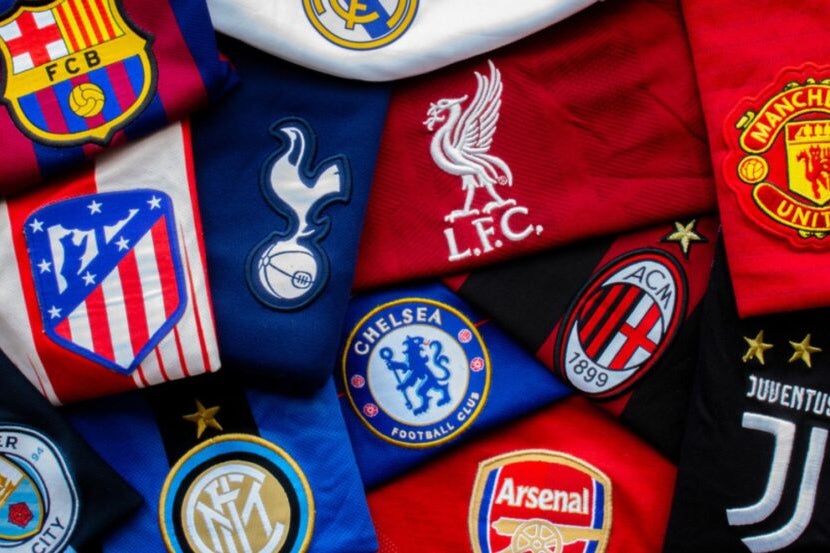People wearing protective face masks walk through Nanterre’s financial and business center, La Defense, on June 10, 2021, as work constraints have been relaxed and teleworking requirements have been gradually lifted during the coronavirus disease (COVID-19) outbreak in France. Pascal Rossignol/REUTERS Reuters, AIX-EN-PROVENCE, France, July 4 – As some businesses try to ride France’s recovery from the pandemic but fail to fill openings, a shortage of trained personnel, worries created by working from home, and supply-chain chaos are proving troublesome, according to industry executives. With less than a year until France’s next presidential election, Emmanuel Macron’s chances of re-election will be influenced in part by the strength of a recovery that is beginning to benefit several of the country’s major industries, ranging from luxury goods producers to energy exporters. Some attendees at an annual economic conference in southern France mentioned long-standing labor issues, such as a scarcity of competent personnel, which has been exacerbated by the COVID-19 pandemic as employers struggle to satisfy resurgent demand. According to the CEO of one big French manufacturer, his company had posted 150 job openings in two French facilities but had received no applications. On the sidelines of the Rencontres Economiques conference in Aix-en-Provence, he told Reuters that the crisis may have anaesthetized people’s relationship with employment. However, the executive said that the recruitment issue was more widespread, citing similar issues in the United States. Early last year, as the outbreak expanded across France, the government implemented one of Europe’s most generous state-funded vacation programmes, while millions of office workers began working from home. While people enjoyed the experience at first, they began to rethink their relationships with coworkers and employers, according to the director of France’s postal service, La Poste. “The demise of traditional contract labor is a serious subject on the table,” Philippe Wahl told a conference panel. During the height of lockdowns, one company discovered that 20% of its employees were not even trying to connect onto the corporate computer network on a regular basis, according to one senior executive. According to the Bank of France’s latest business climate study, nearly half of construction companies, 41% of service organizations, and a quarter of industrial enterprises are having trouble finding personnel. Some firms contended that there were more basic issues at hand than the COVID-19 interruption. The chairman of aircraft engine and equipment manufacturer Safran, Ross McInnes, stated that France’s educational system needs to be improved. “All of our companies are having trouble recruiting for jobs that are fairly well paid,” he said on a panel. Many business elites backed Macron, a former investment banker, enthusiastically in the recent election. He has since enacted labor laws that make it easier to hire and fire employees. Manufacturing and construction companies often face the challenge of obtaining the supplies they require to fulfill customer orders. According to the Bank of France’s poll, half of French construction firms and 44% of industrial firms were experiencing supply issues, with the percentage for carmakers reaching 70%. “The supply chain is a complete mess,” the CEO of a French manufacturing company stated, adding that his company had 23 unique task groups set up to address specific sourcing issues, compared to the industry standard of one or two. According to him, the bottlenecks might endure until the end of 2022. He claimed that a global shortage of transport ships and the metal containers they carry was making it difficult and expensive to get goods from other countries, prompting some to turn to more expensive flights. Nick Macfie did the editing. The Thomson Reuters Trust Principles are our standards./n
Read MoreHome workers questioning jobs, supply-chain havoc weigh on French recovery
2021-07-04T19:19:40-04:00July 4th, 2021|
/cloudfront-us-east-2.images.arcpublishing.com/reuters/7OHVNTKVQNKT7KB3I44ICX7NQM.jpg)




